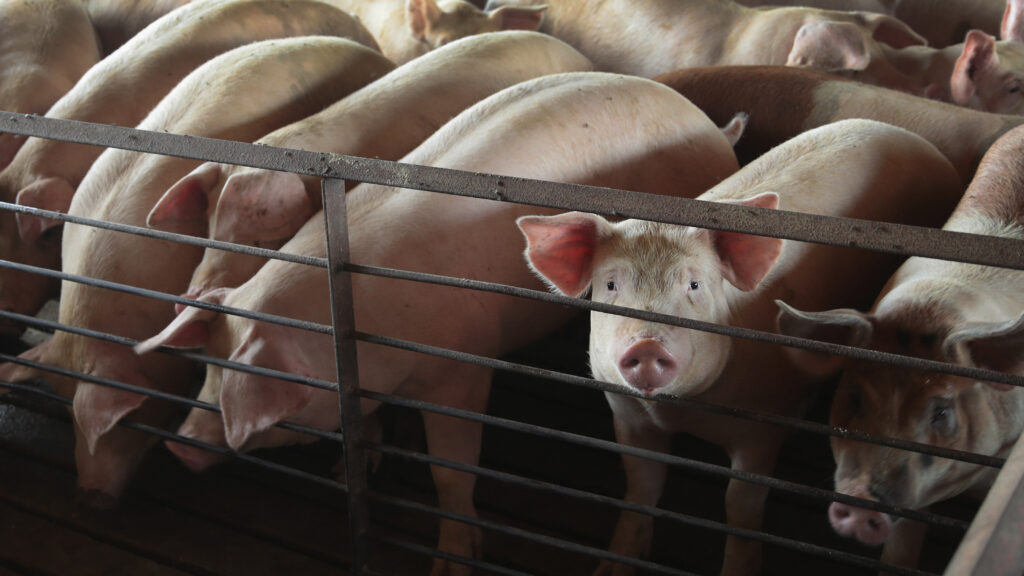Amid concerns over the use of medically important antibiotics given to food-producing livestock, sales of veterinary medicines across Europe dropped by 53% between 2011 and 2022, which regulators reported is the biggest drop ever recorded and a sign that campaigns to reduce usage are working.
At issue is the extent to which antibiotics are given to these livestock to prevent and treat disease — a practice that has contributed to an alarming rise in antibiotic-resistant bacteria in humans. The problem has persisted, even after the European Union in 2006 banned the use of antibiotics for promoting growth, since bulking up the animals makes them better suited for increased production.
advertisement
A key challenge is the ability of farmers around the world to produce sufficient livestock — typically, cattle, pigs, poultry, sheep, goats, rabbits, farmed fish and, in some countries, horses — in order to meet consumer demand, but also to satisfy public health concerns that increased antibiotic use will create antimicrobial resistance.
Get unlimited access to award-winning journalism and exclusive events.

